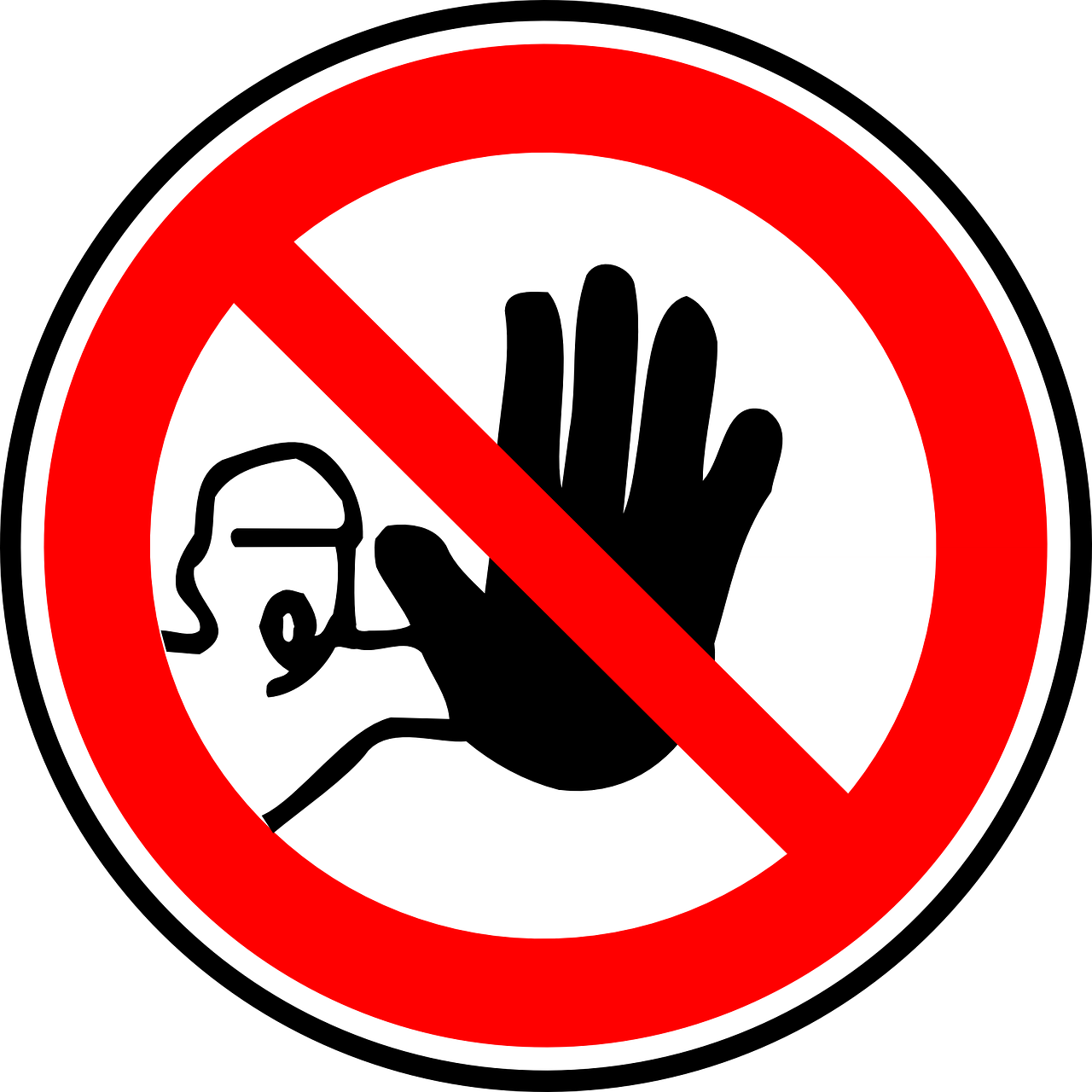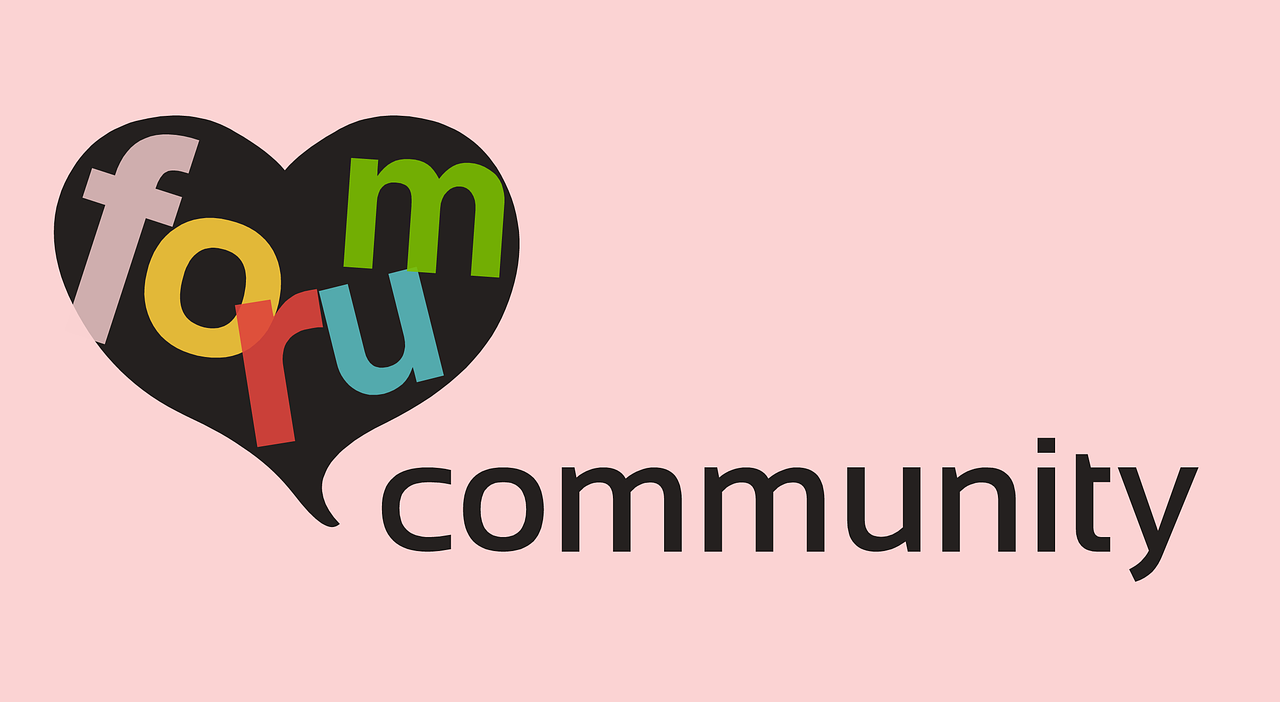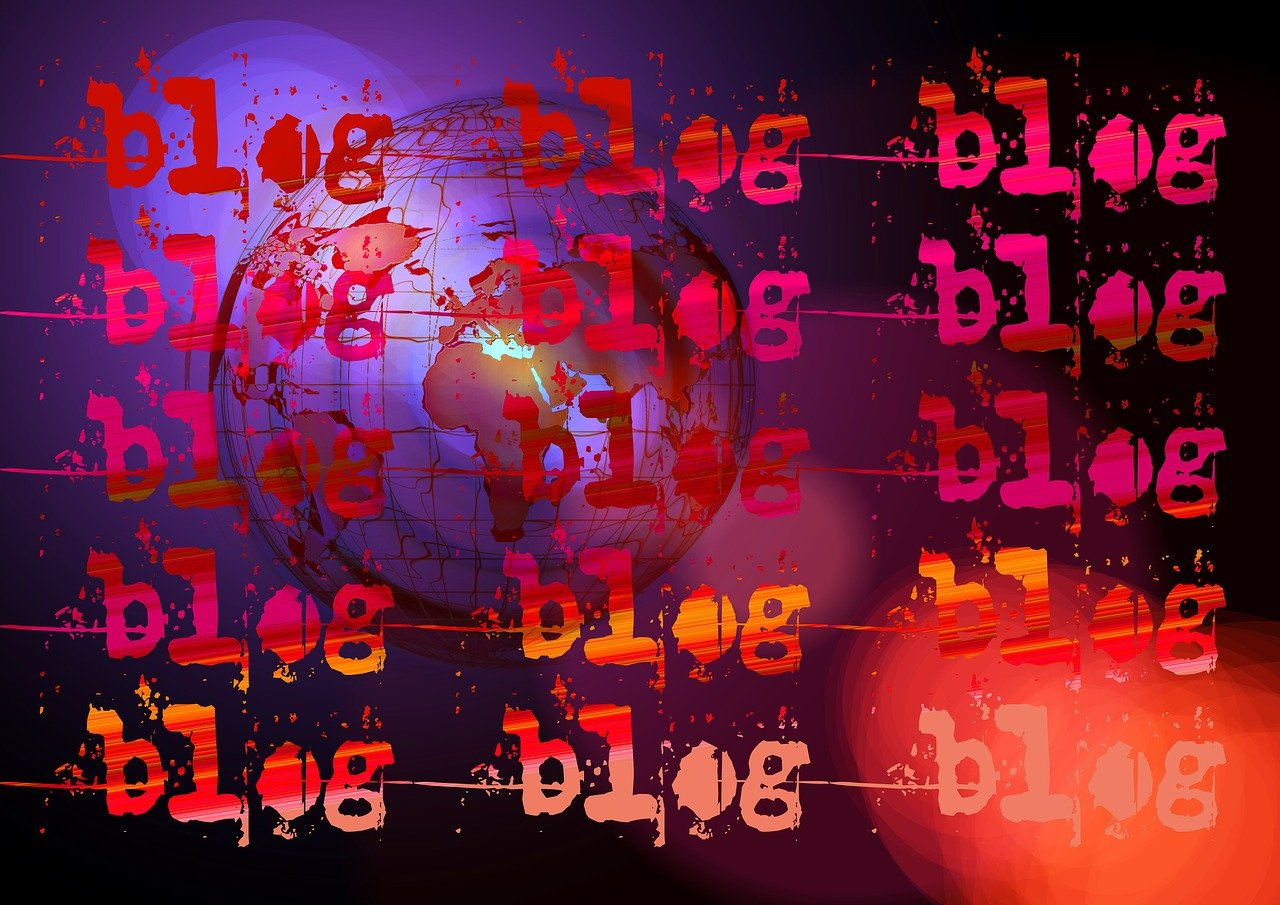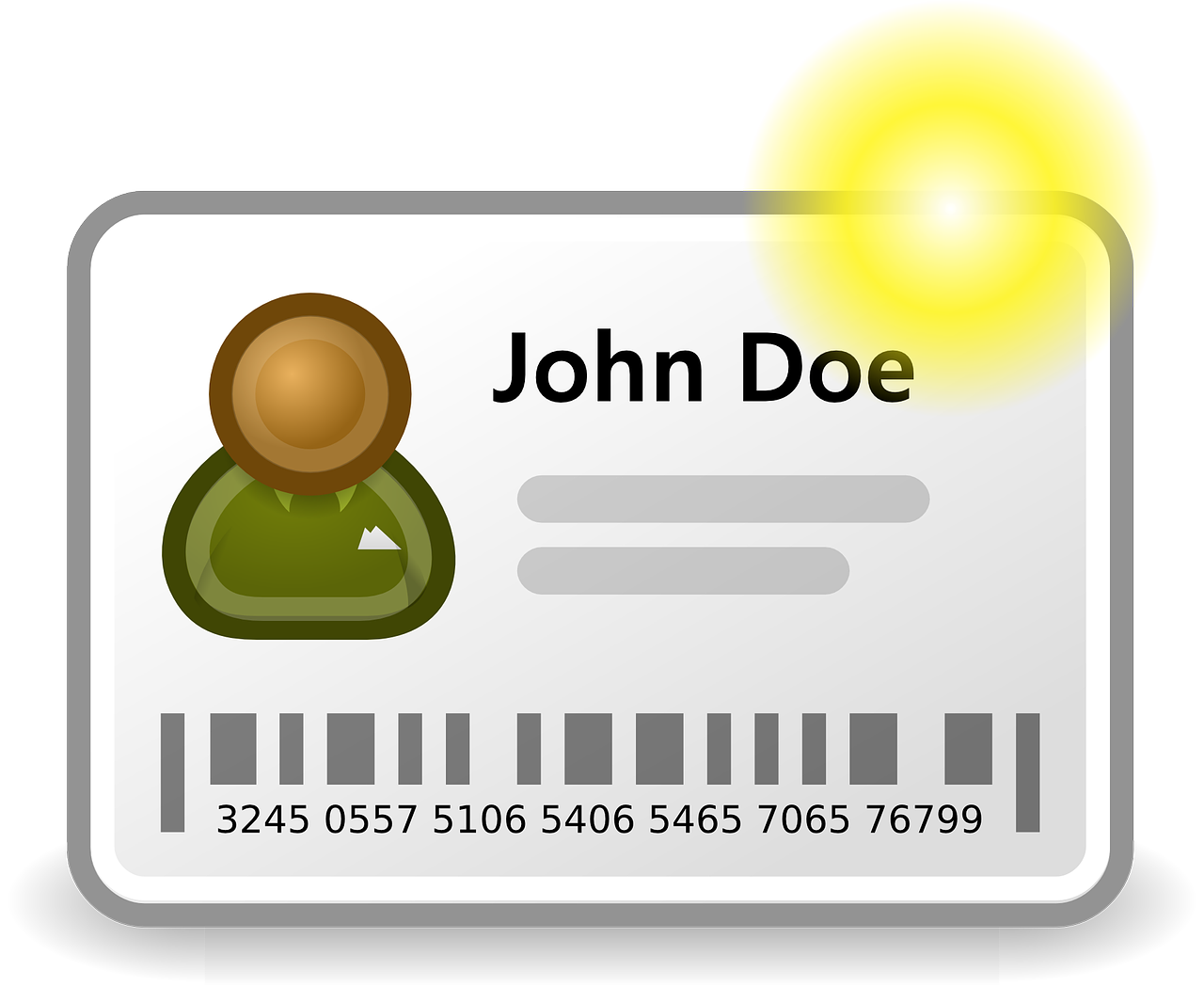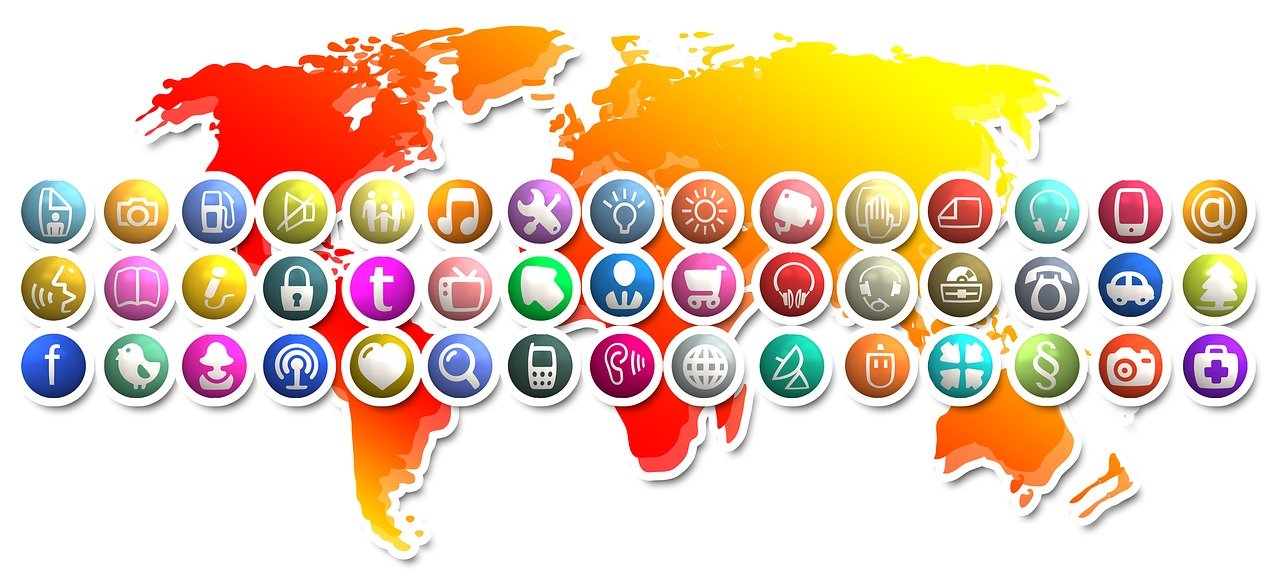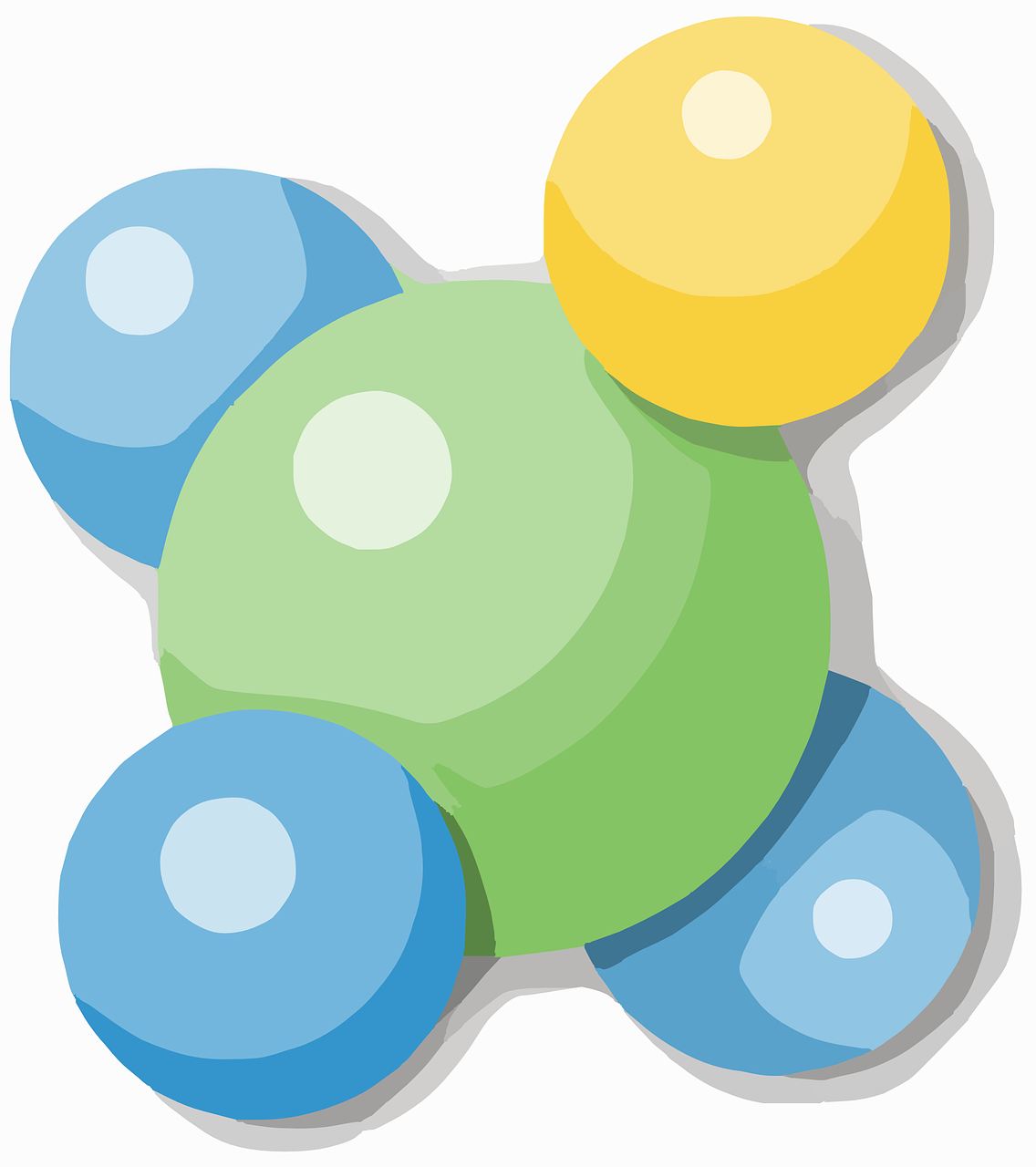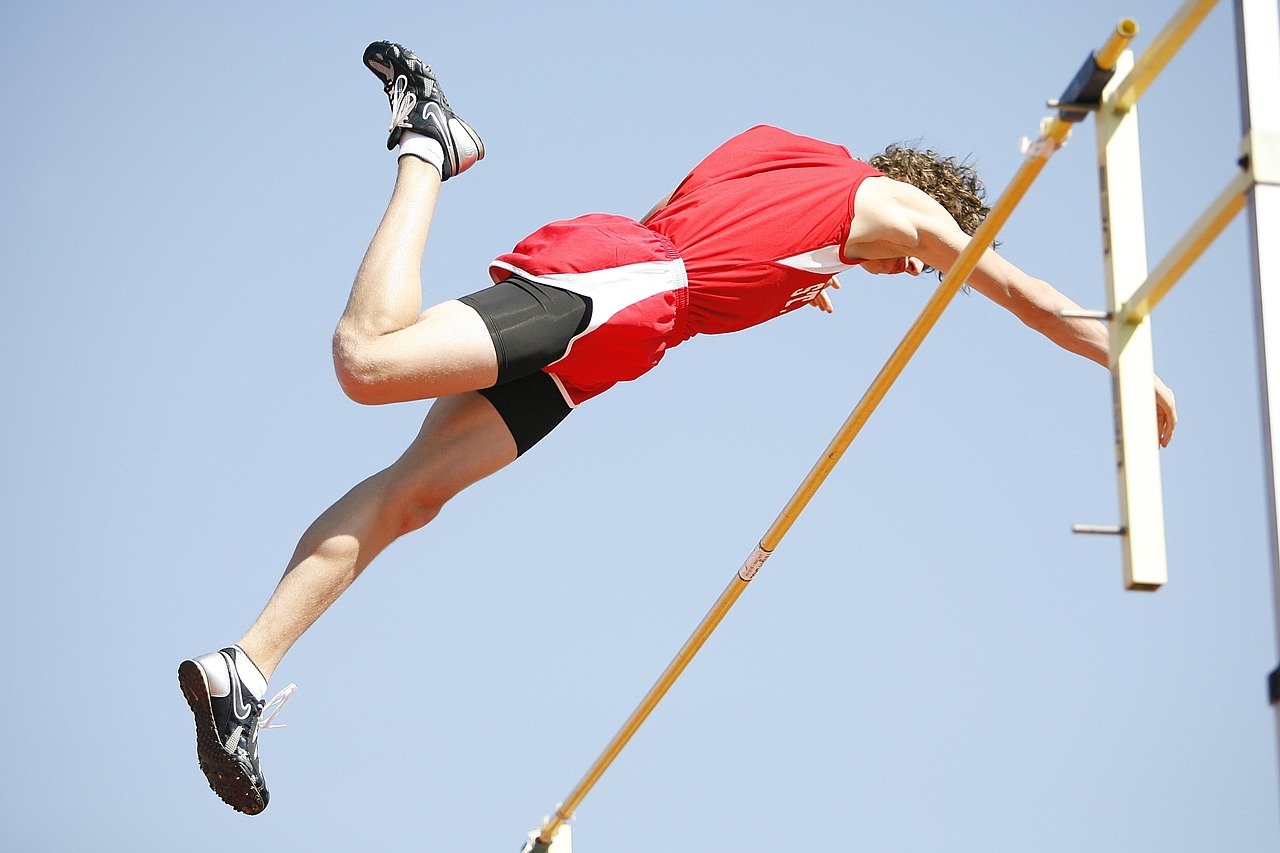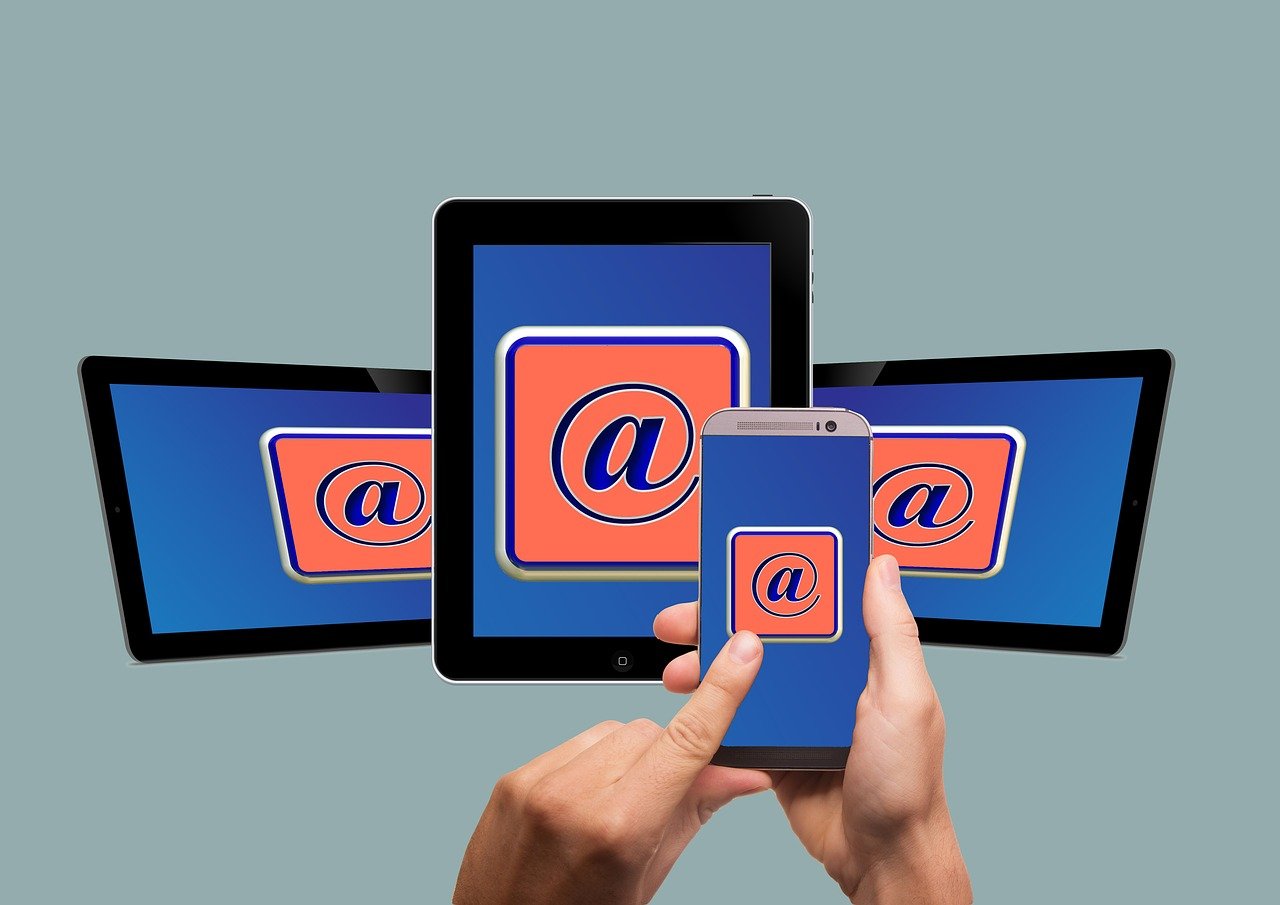Plugin Review – BP Restricted Signup by Email Domain
BP Restricted Signup by Email Domain is a plugin that allows a site administrator to set domain whitelists for user signups. This means that if you only want to allow members with a gmail.com address you can, or more likely, people with a .edu mail account
